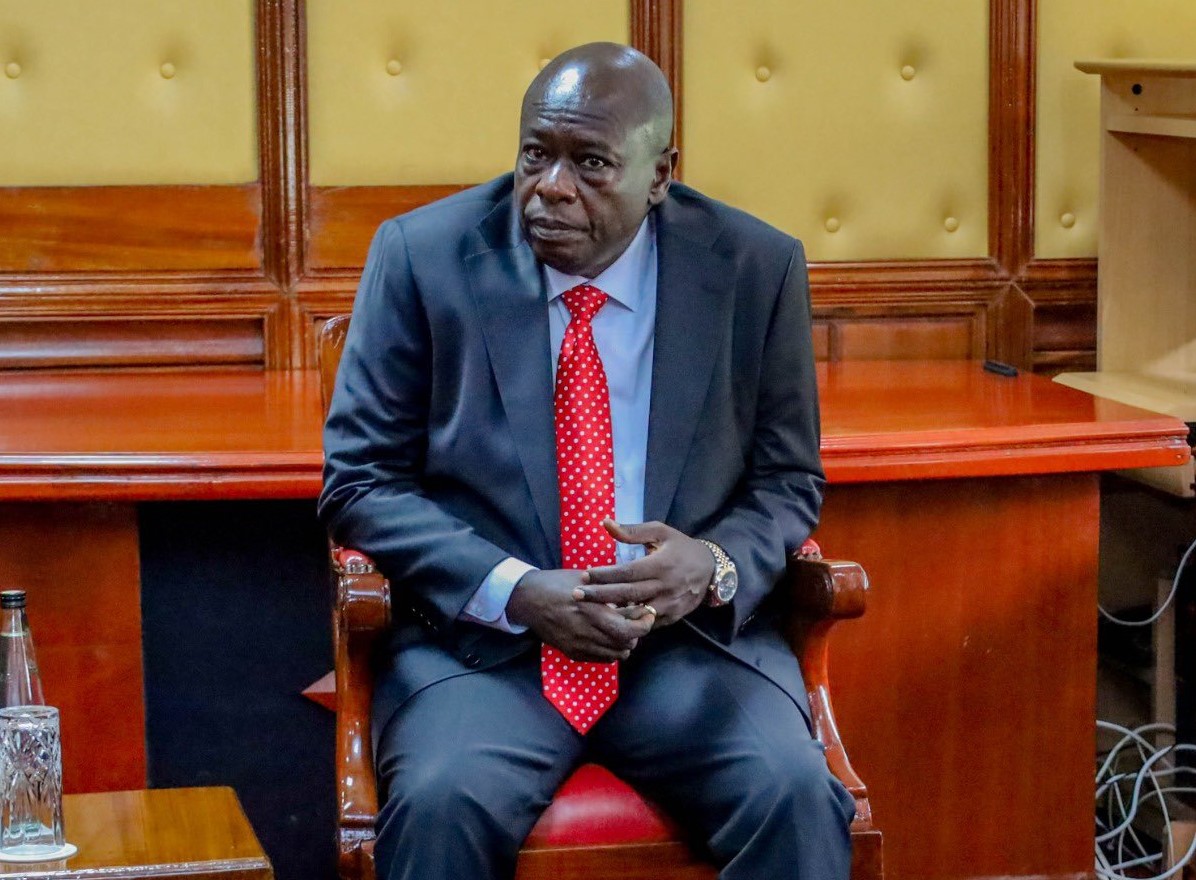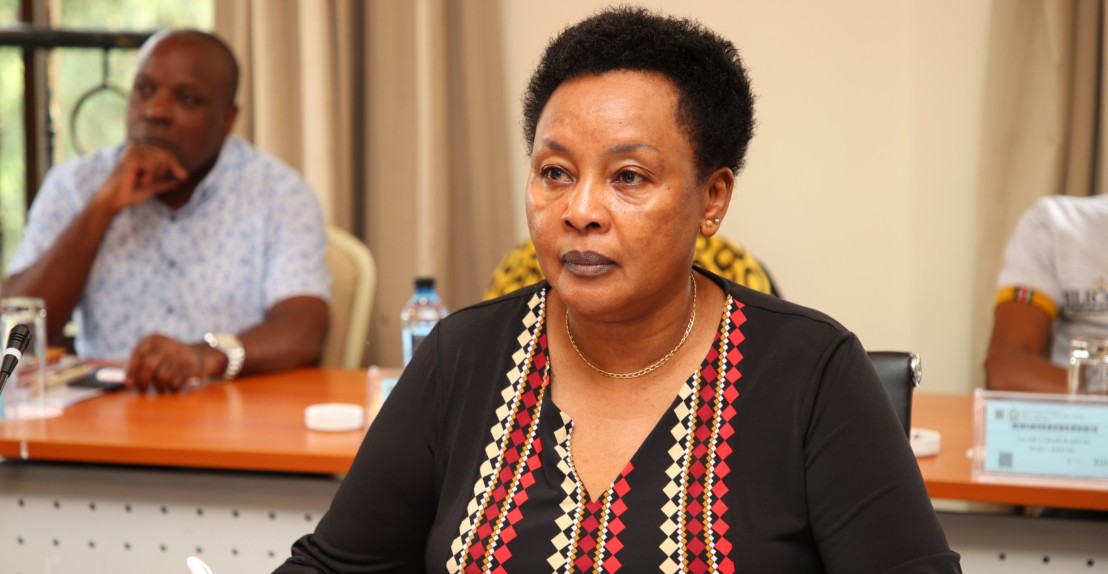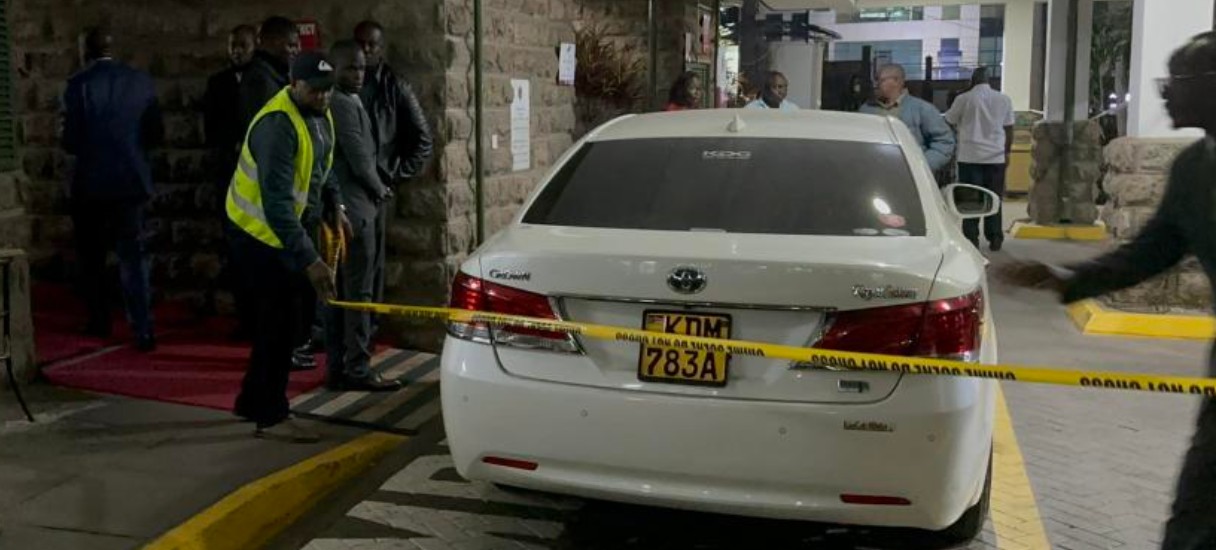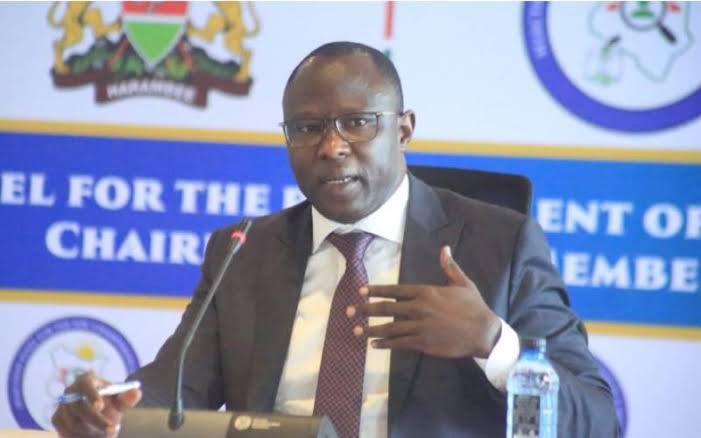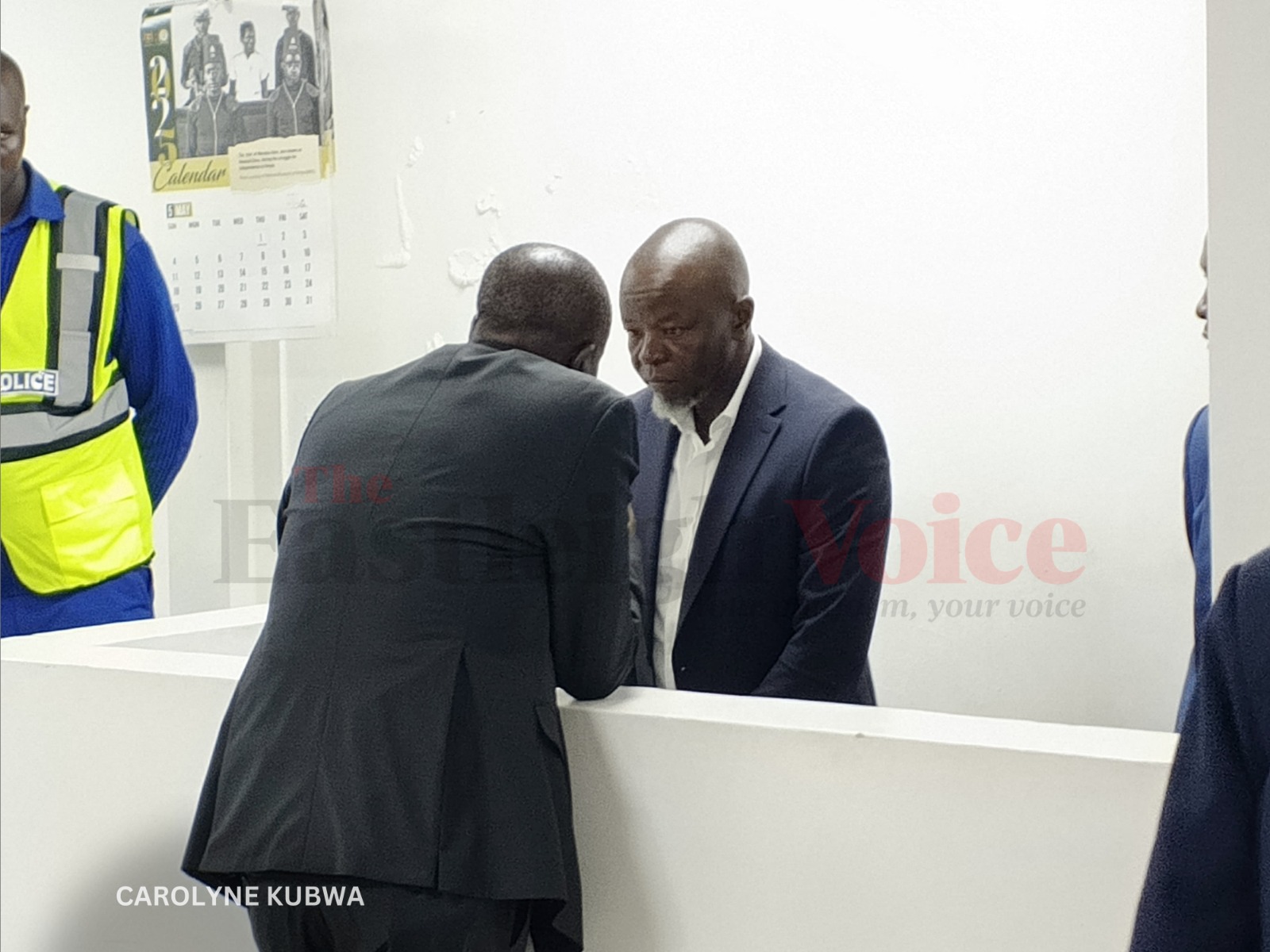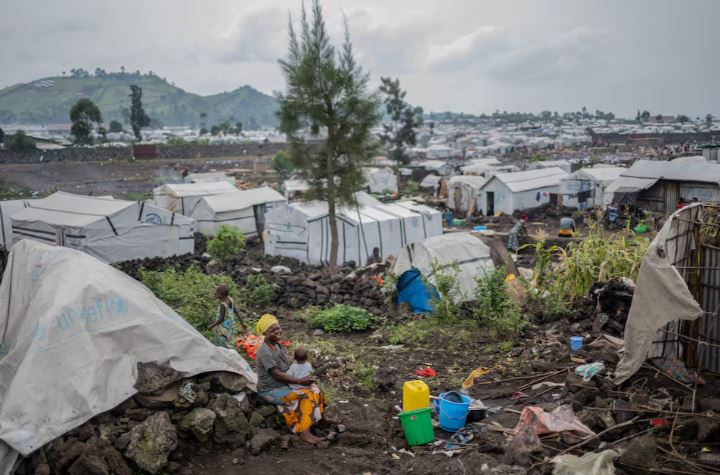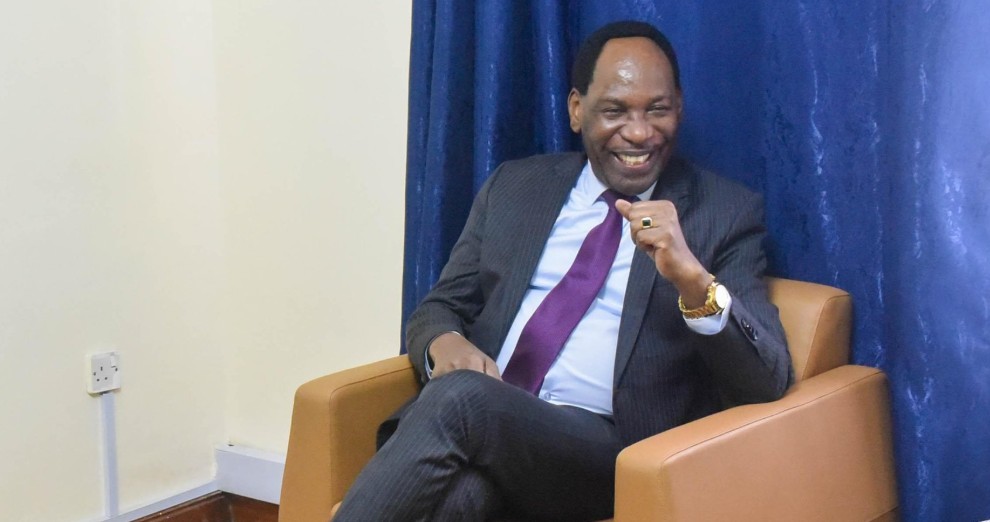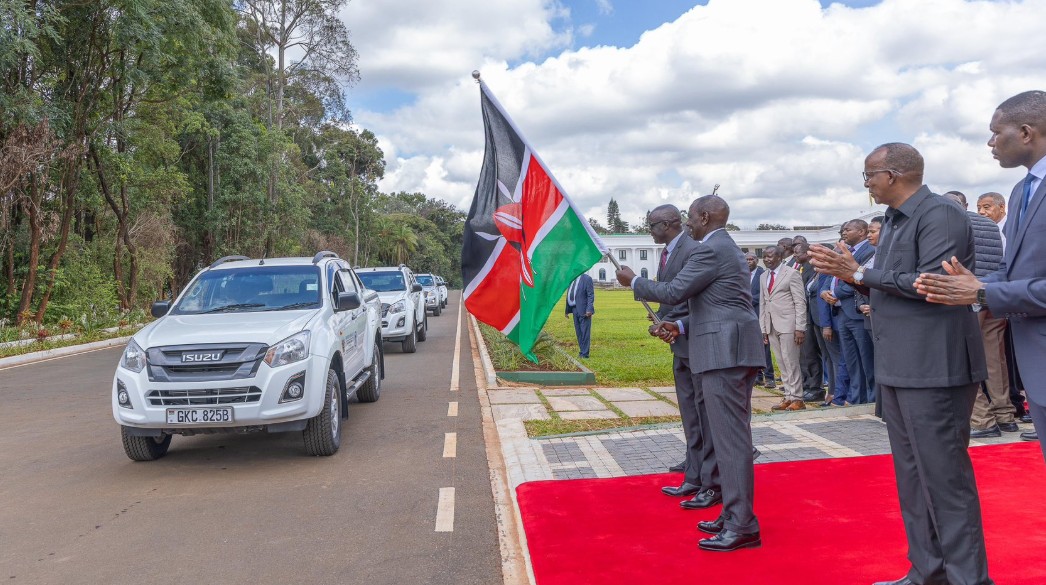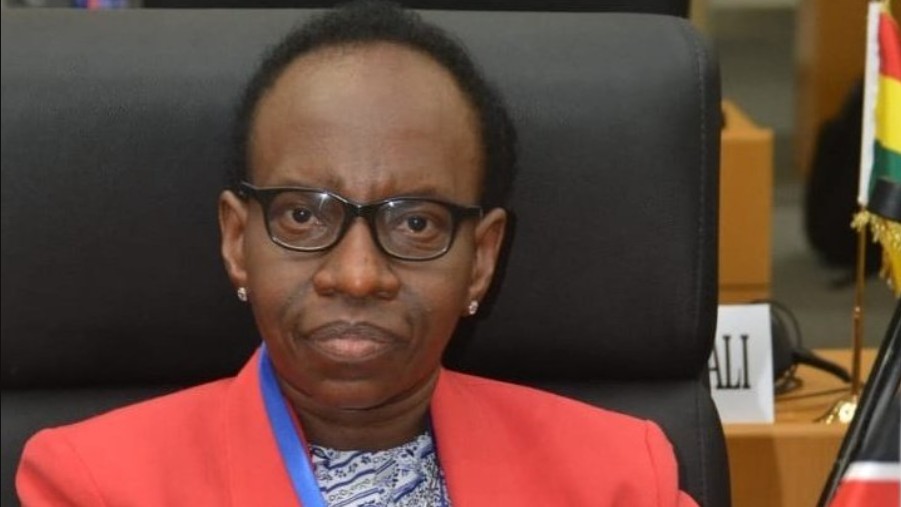Africa vaccine forum: Kenya pushes for more funding for local production
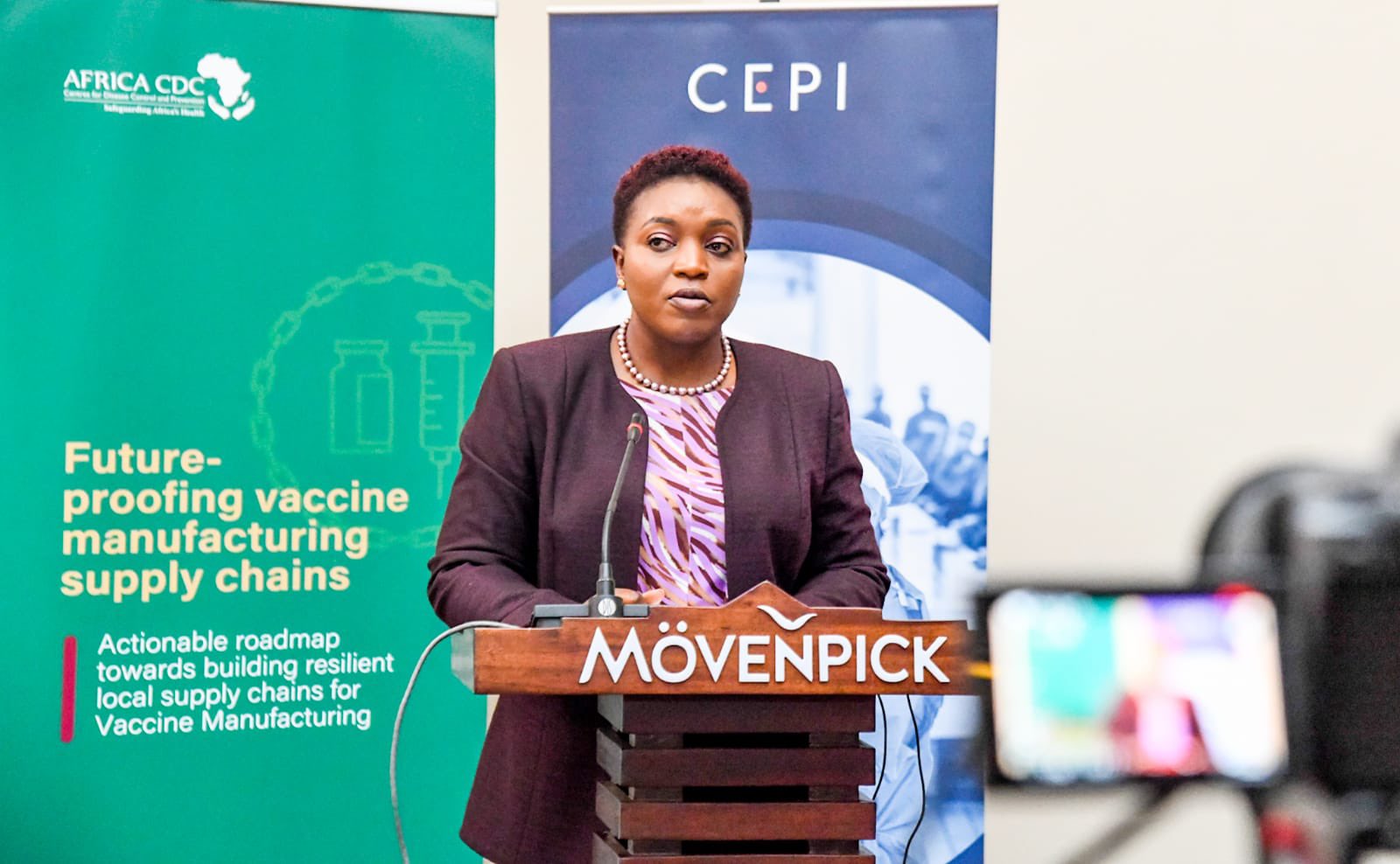
Kenya's call aligns with efforts to bolster healthcare infrastructure and reduce dependency on external vaccine sources, as was the case during the COVID-19 pandemic.
In a push for local vaccine production and equity in Africa, the Health ministry has called for increased investment in local pharmaceutical companies.
At the Africa Vaccine Supply Manufacturing Forum held in Nairobi on Wednesday, Health Cabinet Secretary Susan Nakhumicha noted that this will improve the continent's response to health emergencies, create jobs, and foster innovation.
More To Read
- Mosquito nets scandal, doctors’ strikes haunt Nakhumicha in UN-Habitat job vetting
- Nakhumicha rejects claims of Gachagua’s involvement in Sh3.7 billion KEMSA tender scandal
- Fired Health CS Nakhumicha nominated as Kenya’s UN envoy in mini-reshuffle after turbulent tenure
- It's not easy! Former Health CS Nakhumicha opens up about struggles after dismissal
- Details about Health CS nominee Debrah Mulongo Barasa
- Fact check: Receipts released after CS Nakhumicha announces waived hospital bills for protest victims
Her call aligns with efforts to bolster healthcare infrastructure and reduce dependency on external vaccine sources, as was the case during the COVID-19 pandemic. Other benefits include improved resilience and economic development across the continent.
Nakhumicha noted key challenges for Africa, such as a lack of the expertise required for market authorisation, quality control, and site inspection, for the continent to adhere to international production standards.
"Kenyan manufacturers have captured about 30 per cent of the $1 billion Kenyan pharmaceutical market. Nonetheless, we still face several challenges, like complexity in the transparency of trade regulations linked to the import and trade of input materials and finished products," she said.
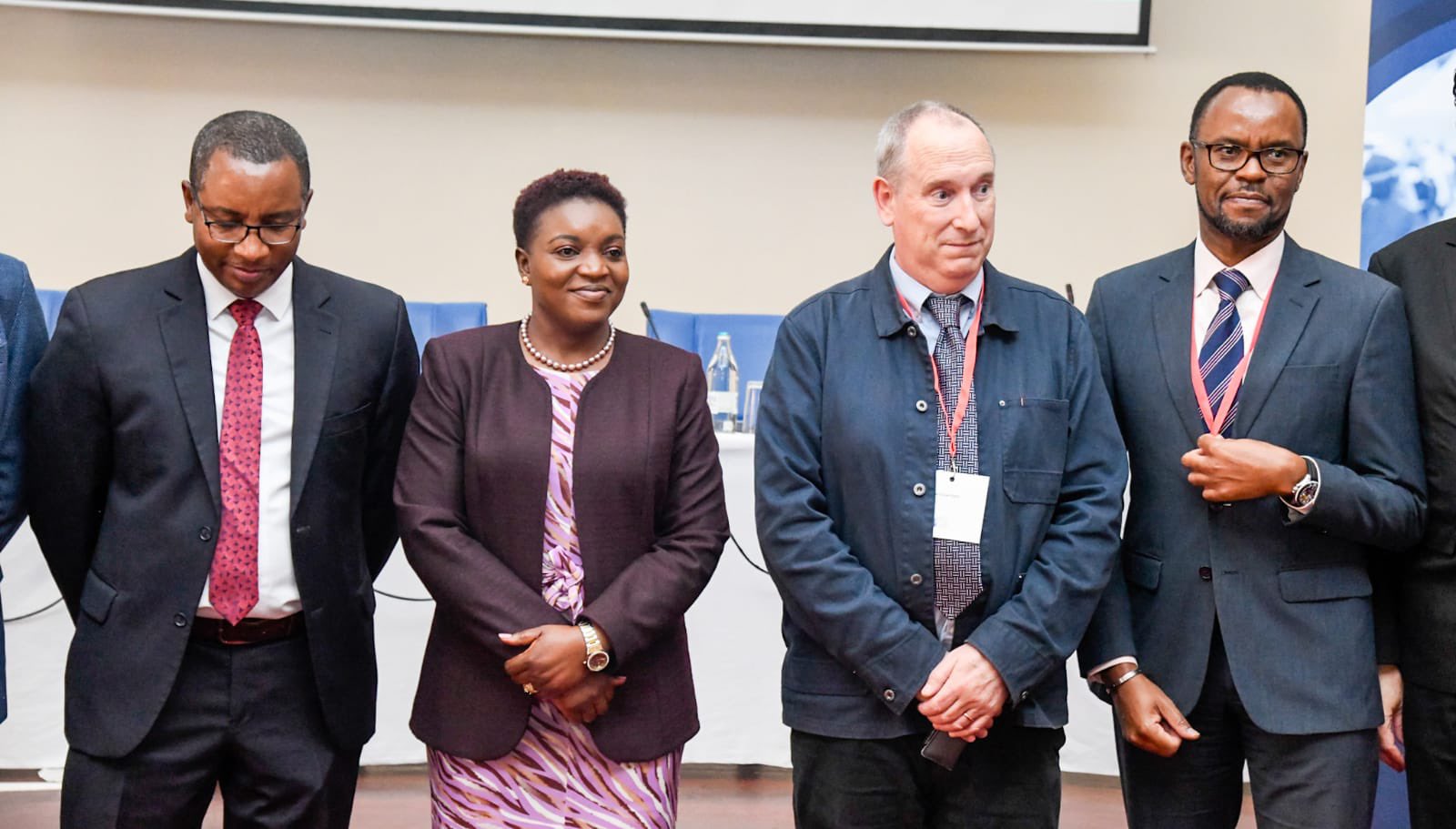 Health Cabinet Secretary Susan Nakhumicha (2nd L) is pictured with other industry officials during the Africa Vaccine Supply Manufacturing Forum in Nairobi on January 31, 2024. (Photo: X. Ministry of Health)
Health Cabinet Secretary Susan Nakhumicha (2nd L) is pictured with other industry officials during the Africa Vaccine Supply Manufacturing Forum in Nairobi on January 31, 2024. (Photo: X. Ministry of Health)
Representatives from various African countries attended the forum whose primary objective was to develop a roadmap for future-proofing vaccine manufacturing supply chains in Africa. This initiative is crucial for enhancing preparedness for future outbreaks and ensuring swifter, more equitable vaccine access for affected populations.
Similar calls were made at the height of the COVID-19 pandemic when one of the primary problems for Africa was the lack of enough vaccines for its populations.
Today, only one in 100 of the vaccine doses administered in Africa is produced locally. Lack of a vaccine manufacturing facility in Africa was one of the reasons blamed for vaccine inequity on the continent, especially during the pandemic.
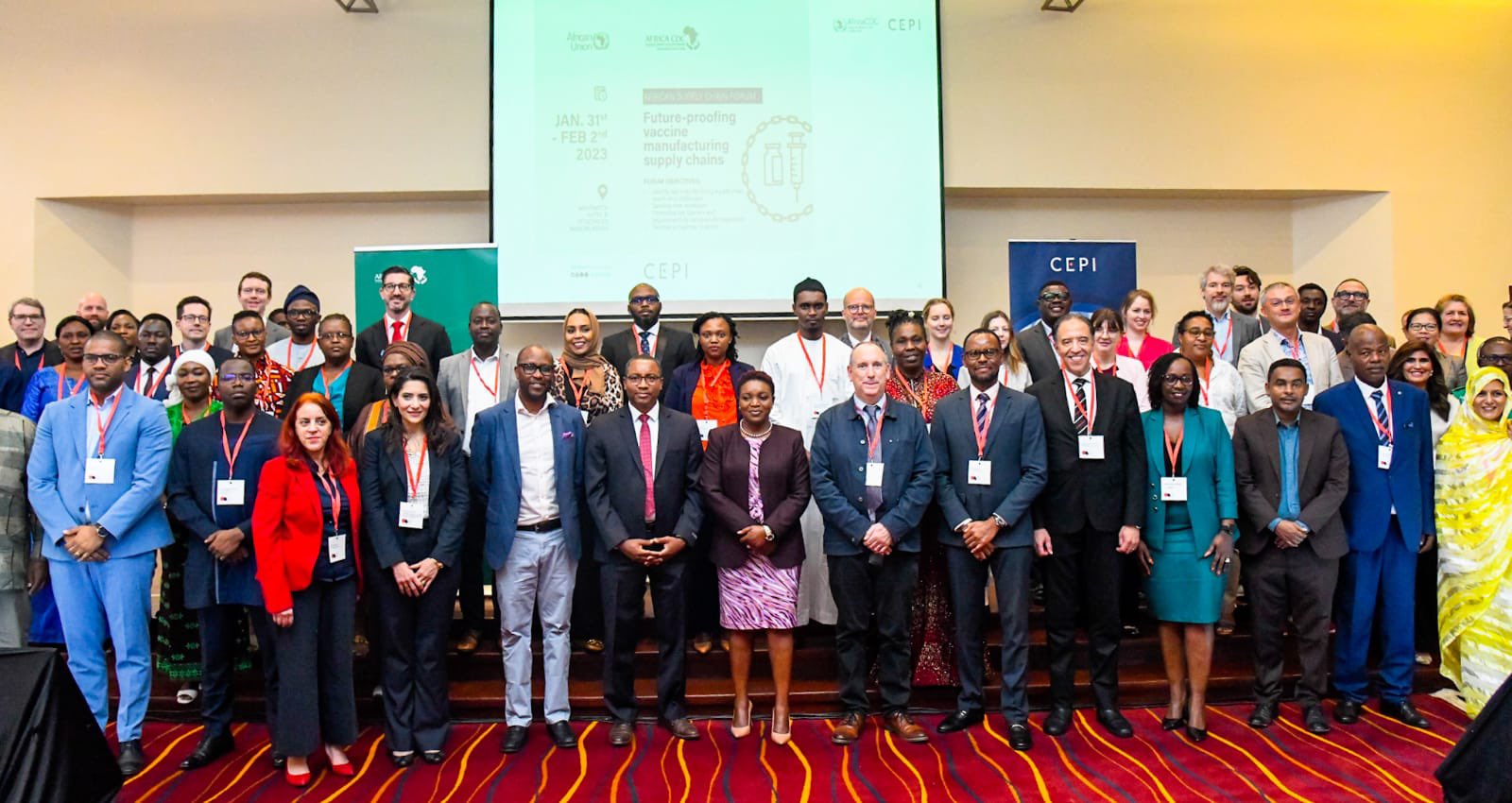 Industry officials, among them Kenya's Health Cabinet Secretary Susan Nakhumicha, during the Africa Vaccine Supply Manufacturing Forum in Nairobi on January 31, 2024. (Photo: X. Ministry of Health)
Industry officials, among them Kenya's Health Cabinet Secretary Susan Nakhumicha, during the Africa Vaccine Supply Manufacturing Forum in Nairobi on January 31, 2024. (Photo: X. Ministry of Health)
A UNDP report in March 2022 noted that approximately 2.8 billion people worldwide — mostly in poor countries— were still awaiting their first doses of the COVID-19 vaccine, even though over two years had passed since the outbreak, and vaccines were on the market.
The pandemic brought to light the dire need for African countries to boost their capacities for vaccine production.
In 2021, the Africa Centres for Disease Control and Prevention (Africa CDC) has developed the Partnerships for African Vaccine Manufacturing Framework for Action.
"The Framework for Action answers the call made by the African Union Commission and the African Centers for Disease Control and Prevention to develop a framework that will enable Africa to manufacture 60 per cent of its vaccine needs locally by 2040. The bold programmes it outlines will see Africa become more self-reliant as it addresses its vaccination needs," the Africa CDC said.
In a report late last year, the organisation noted that if all plans are realised, the capacity to form, fill or finish vaccines would more than double the projected African vaccine demand in 2030. At that level, there is a risk that not every manufacturing project would be sustainable and commercially viable.
Top Stories Today

